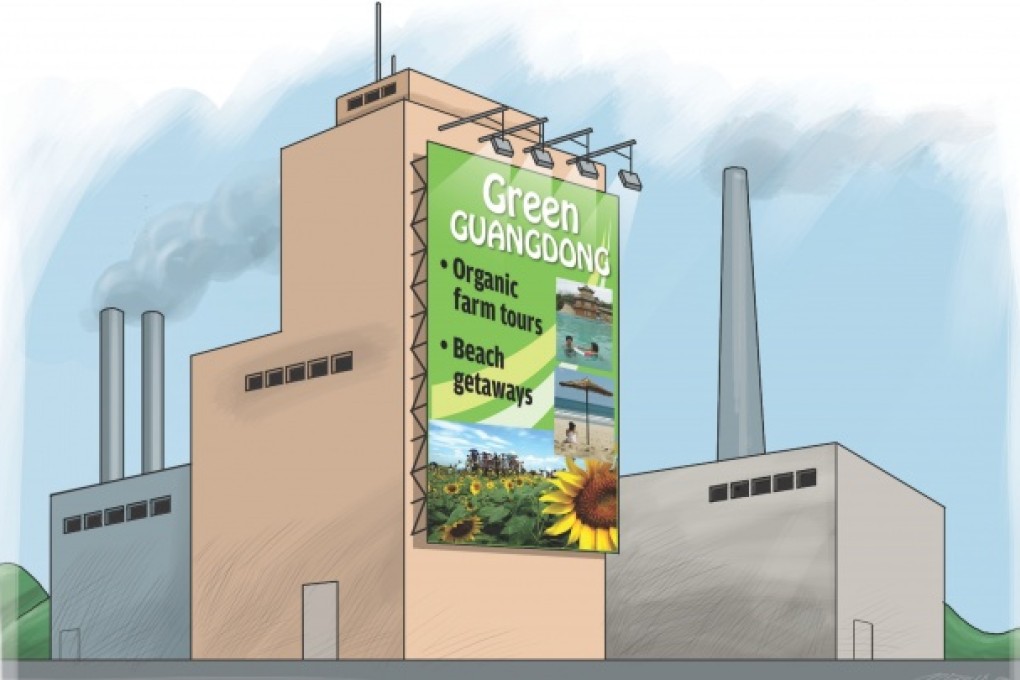Guangdong's greener future
Winston Mok says the renewal of China's economic powerhouse will best be achieved by focusing development on the delta, upgrading people's skills and creating a greener environment in its outer regions

Long China's leading economic region, Guangdong is at risk of being surpassed soon by Jiangsu . Stronger in innovation, Jiangsu has been growing faster. Yet, at the same time, parts of the Pearl River Delta are still going strong.
The delta, representing 80 per cent of Guangdong's economy, is expected to grow much faster than Greater Tokyo. If this strong growth can be sustained, the delta should surpass the Tokyo metropolitan area to become the world's largest metro economy in about a decade.
Rather than defending its No 1 position in China, Guangdong should perhaps focus on driving the delta to the world's top spot.
As a pioneer of economic reforms, Guangdong is now facing difficult transitional challenges. Destined for the highest echelon, Guangdong's new head, Hu Chunhua , is determined to rejuvenate the province. But behind the façade of China's largest provincial economy is a land of contrasts in prosperity.
Some 70 per cent of Guangdong lies outside the delta area. It is home to 40 per cent of the province's people - but generates only 20 per cent of the economy. Incomes are low. Hu wants to improve these poor areas by investing in infrastructure.
To bolster growth, Guangdong has budgeted 1.4 trillion yuan (HK$1.8 trillion) for infrastructure in the next three years. However, 90 per cent of the planned investments are outside the delta. Rather than spreading the economic pie evenly, better results could be achieved by concentrating on the delta region, with its well-established industry clusters. The delta's development has been fuelled by the influx of people from other provinces, as well as from outer Guangdong.
Instead of industrialising the outer regions, a better way to improve the lives of people there is to draw them into the delta with sustained growth.